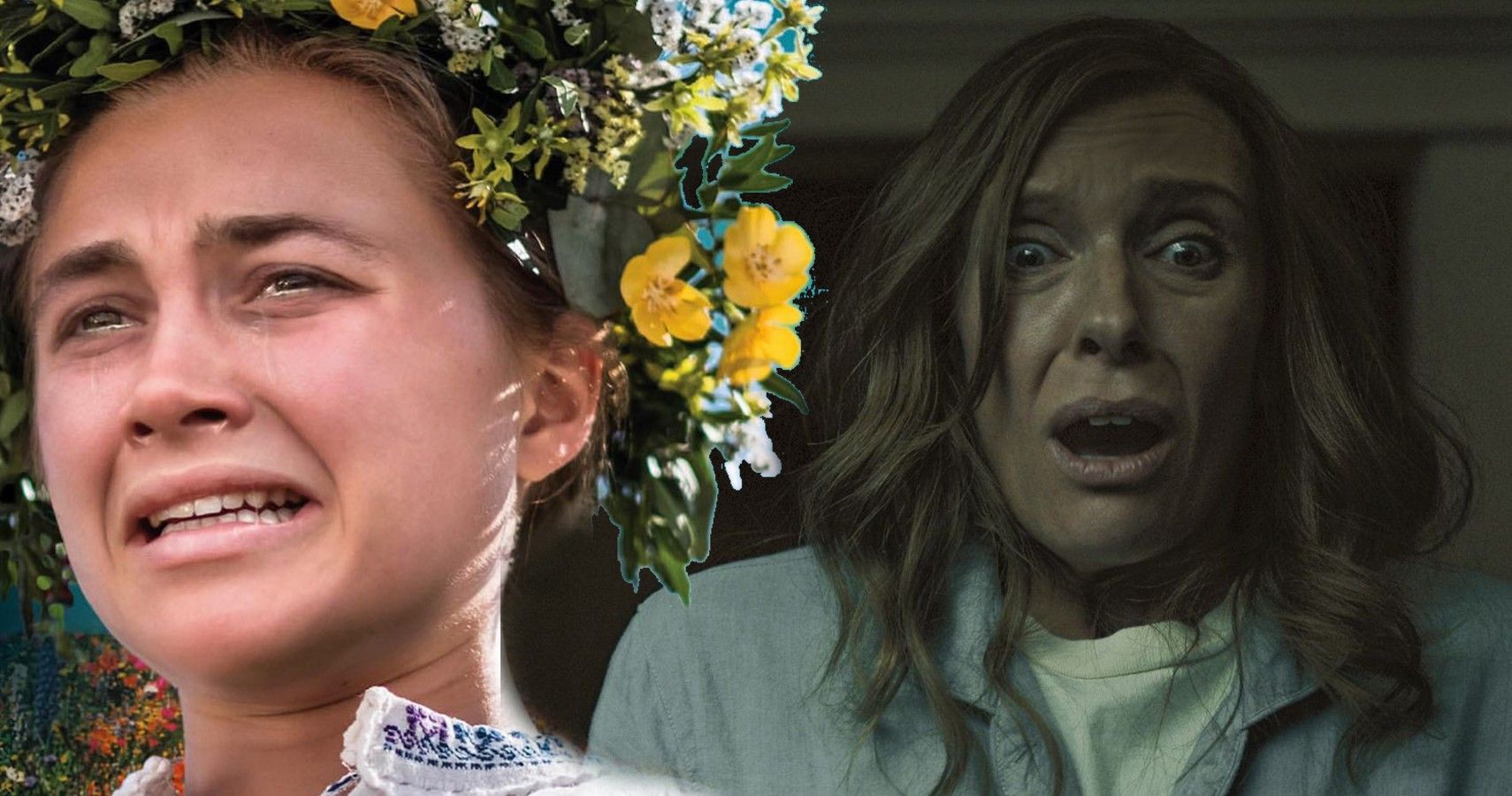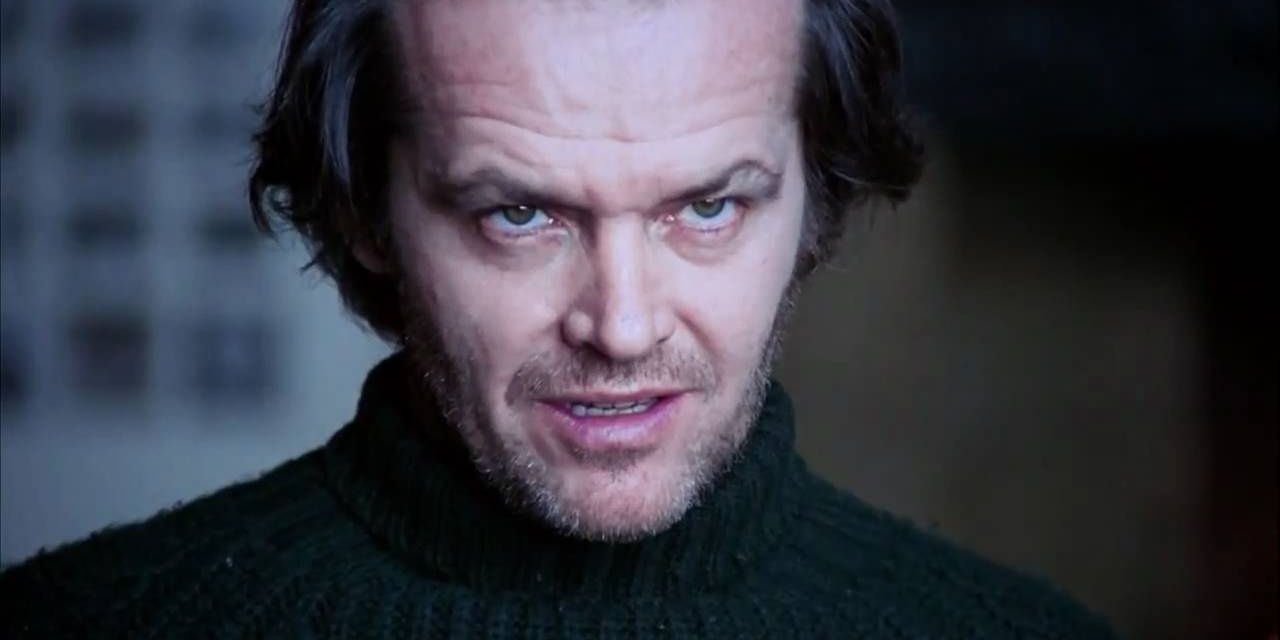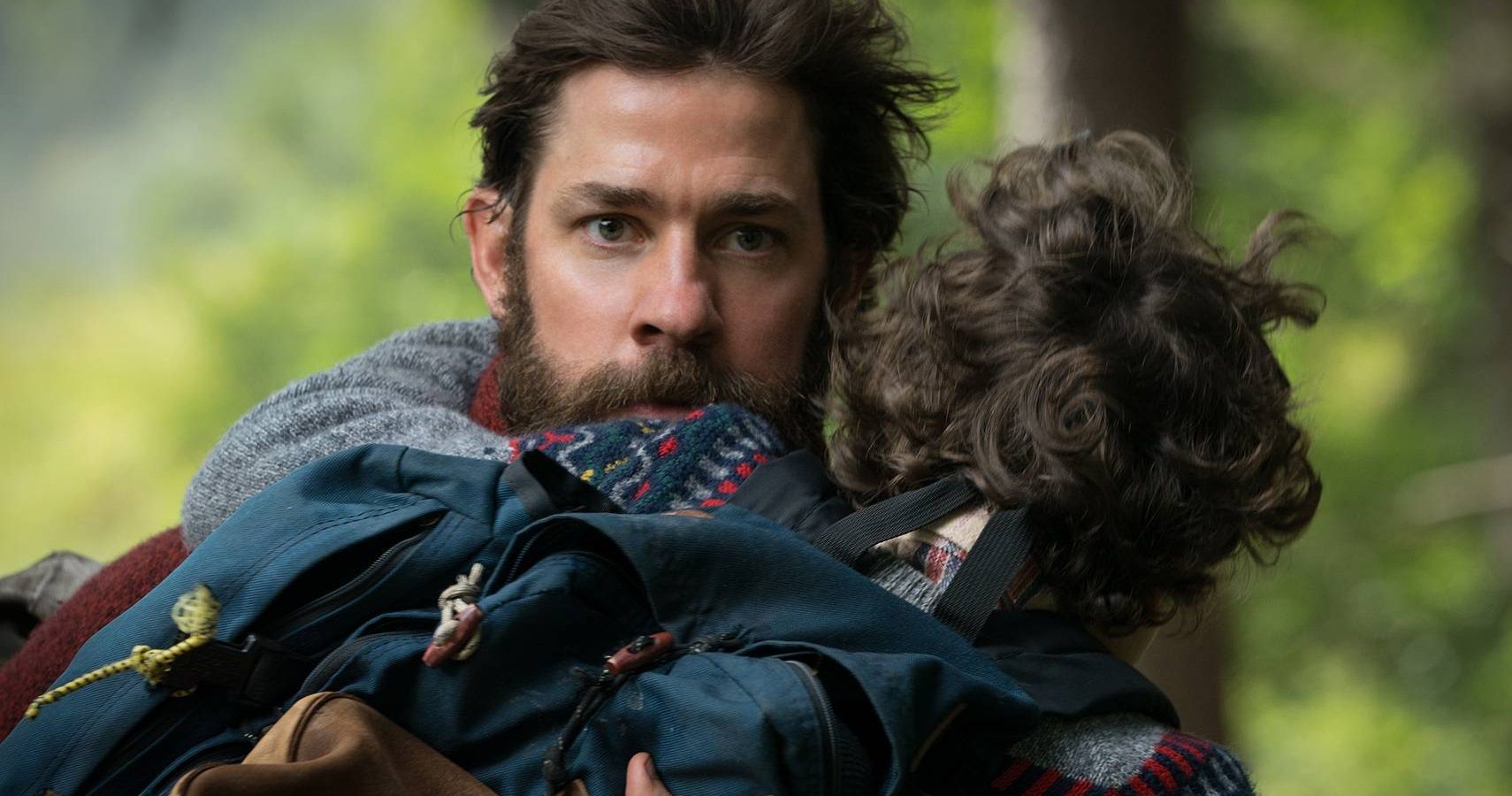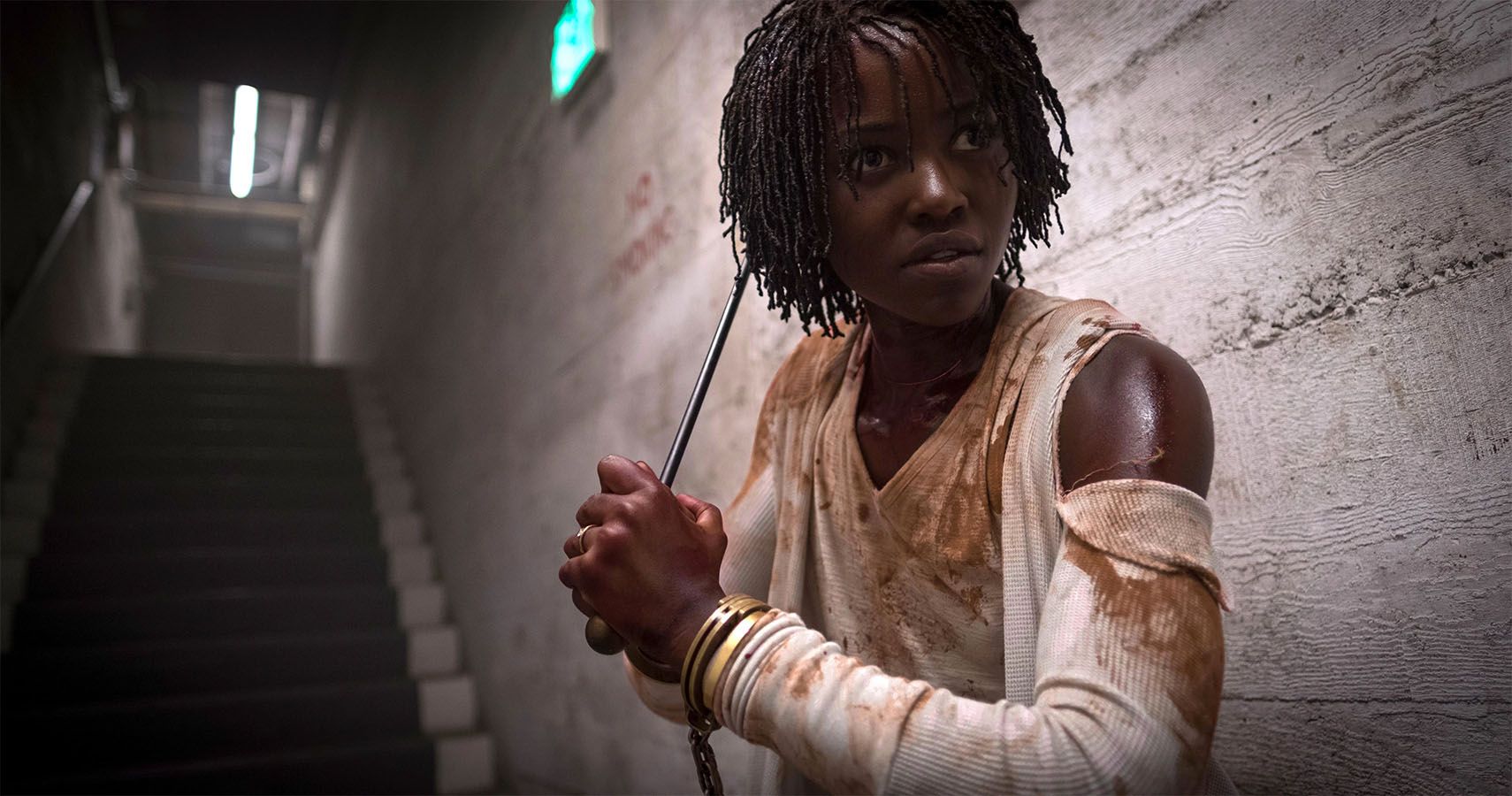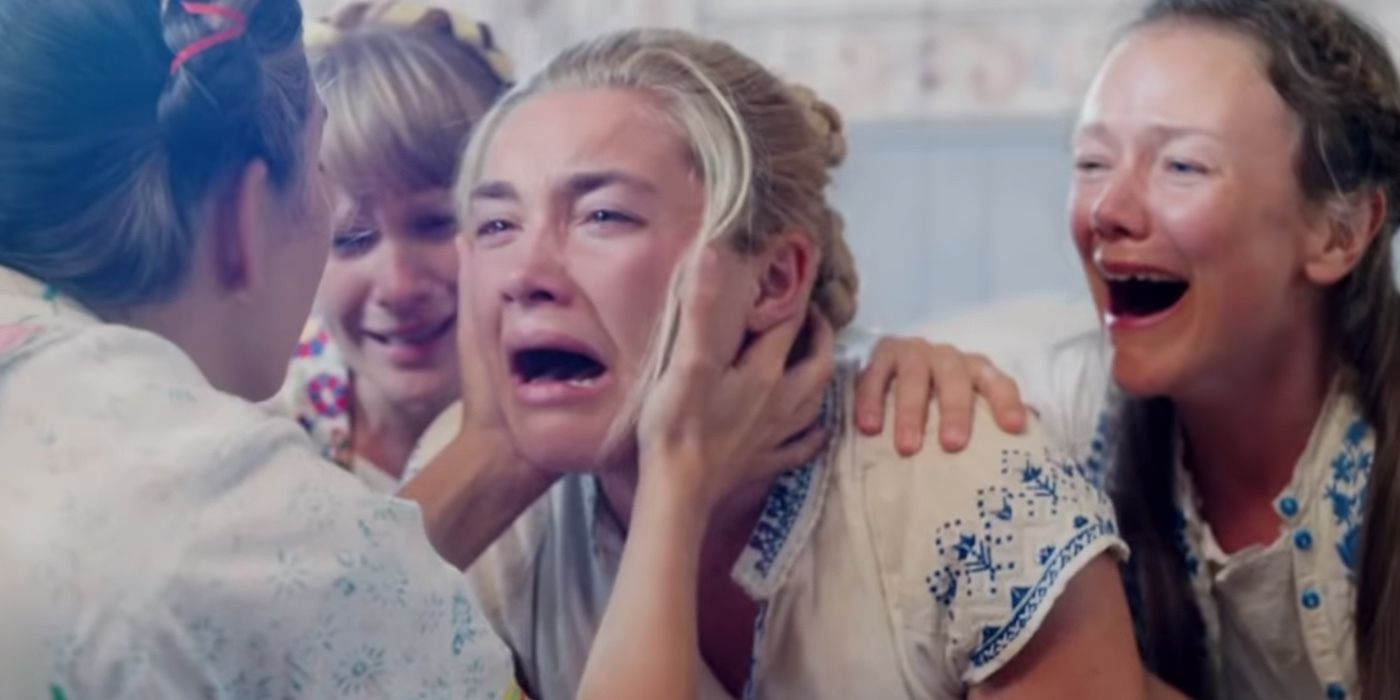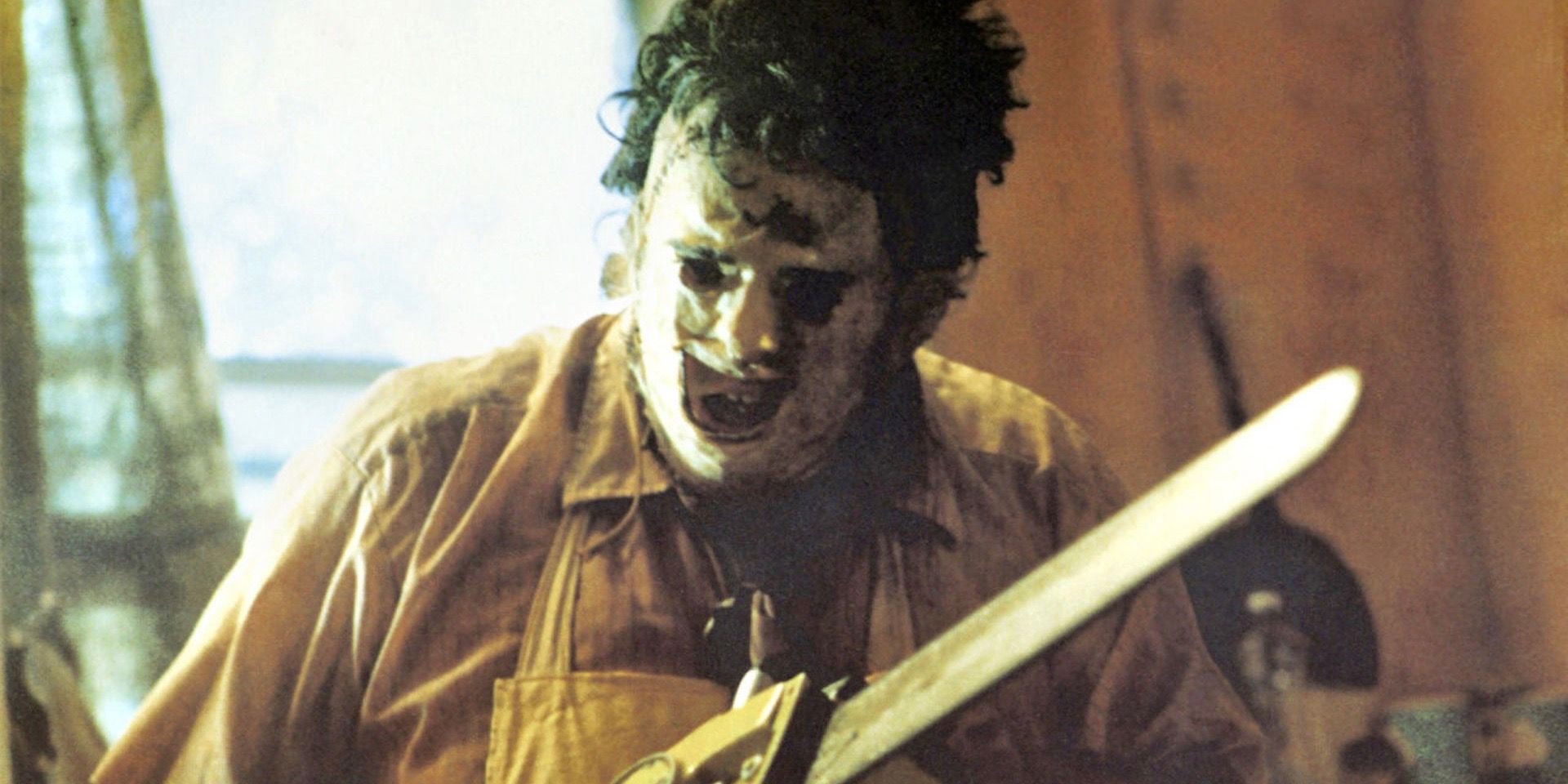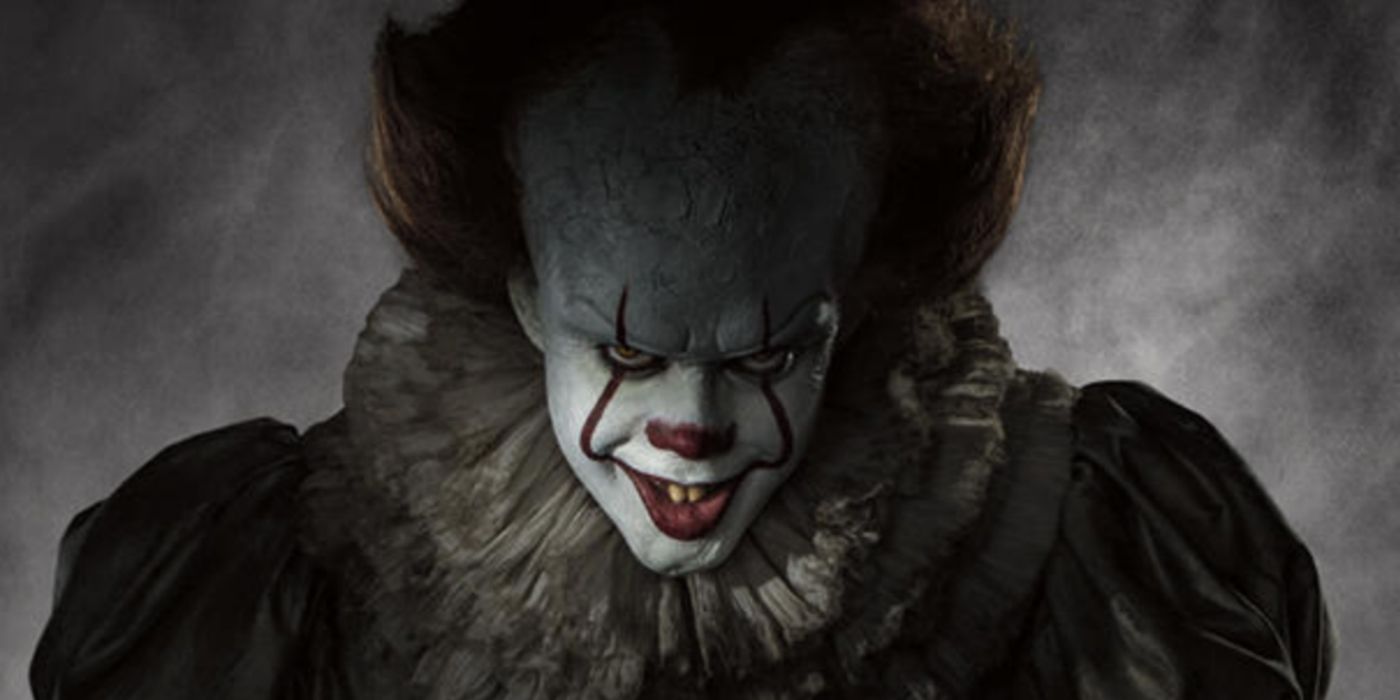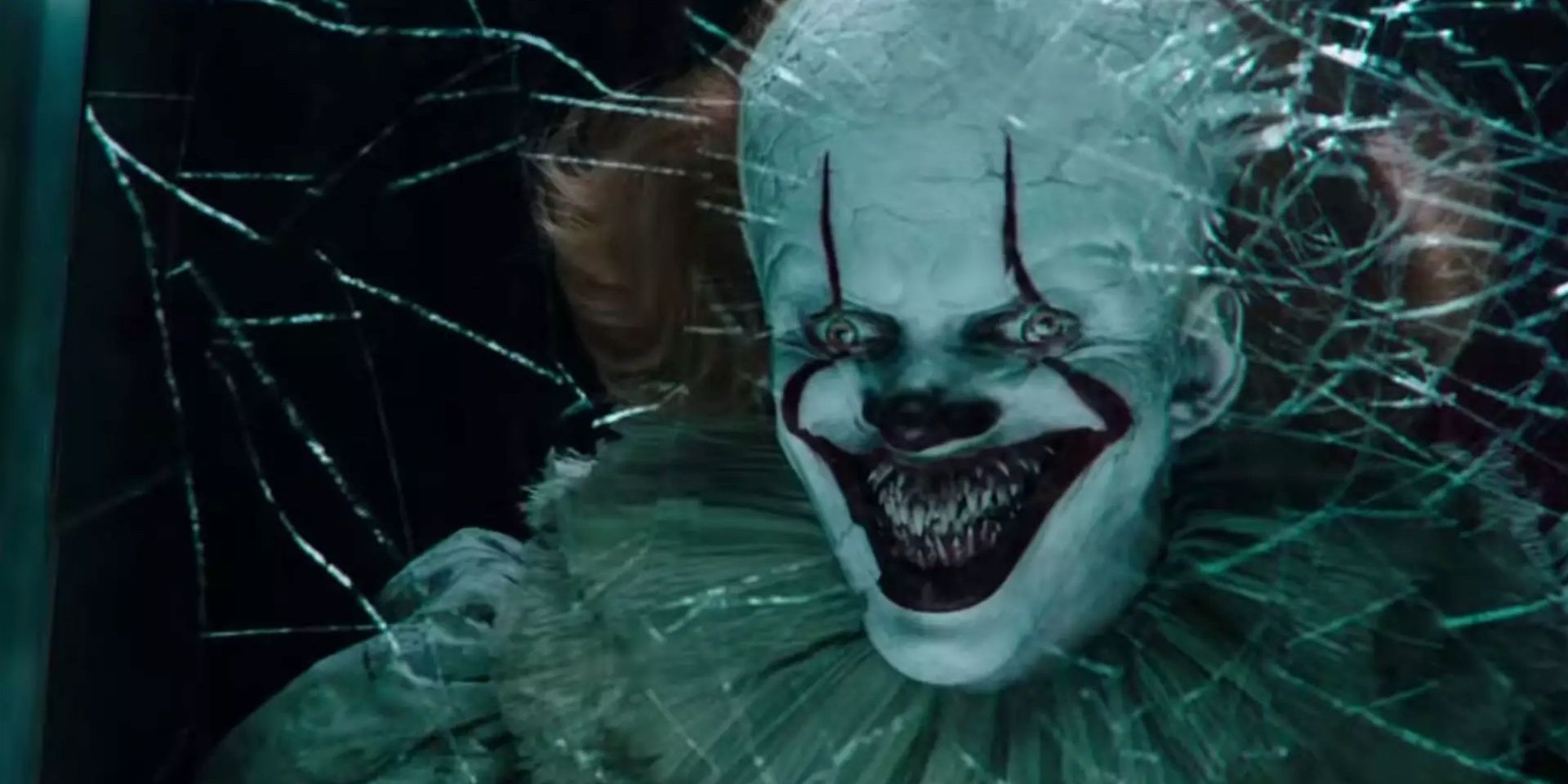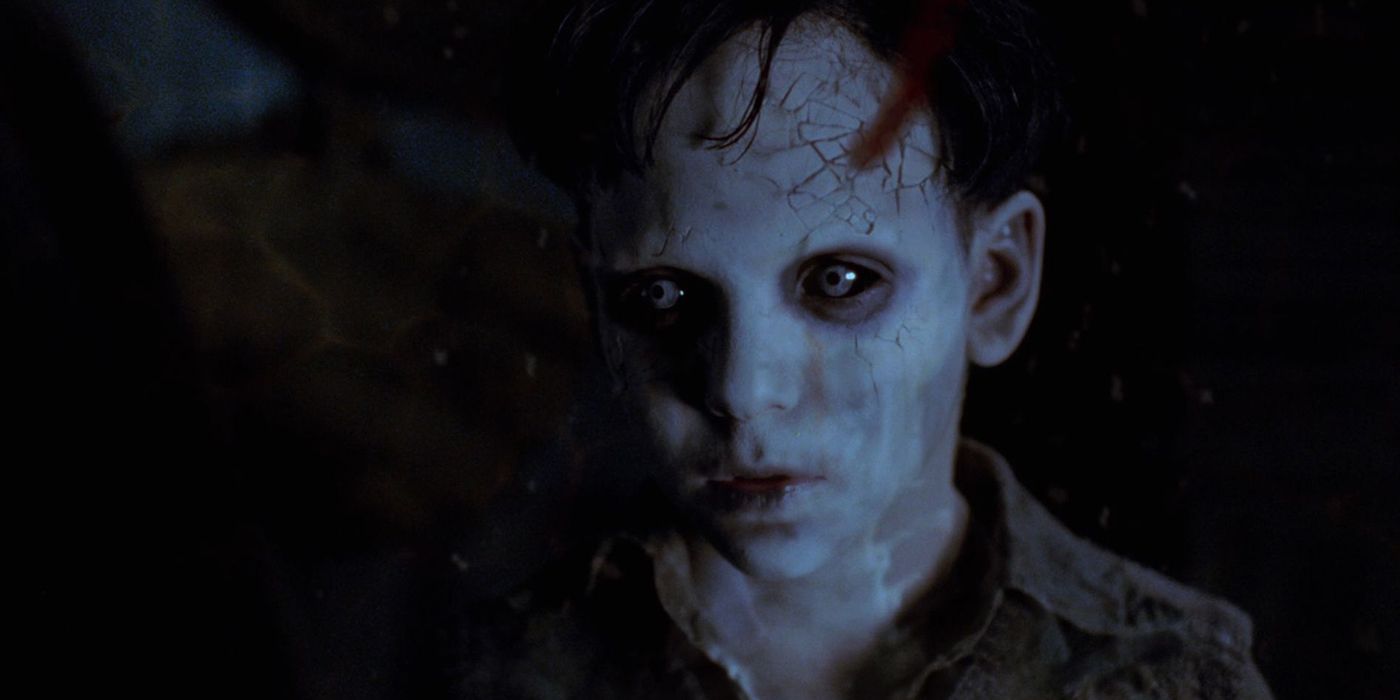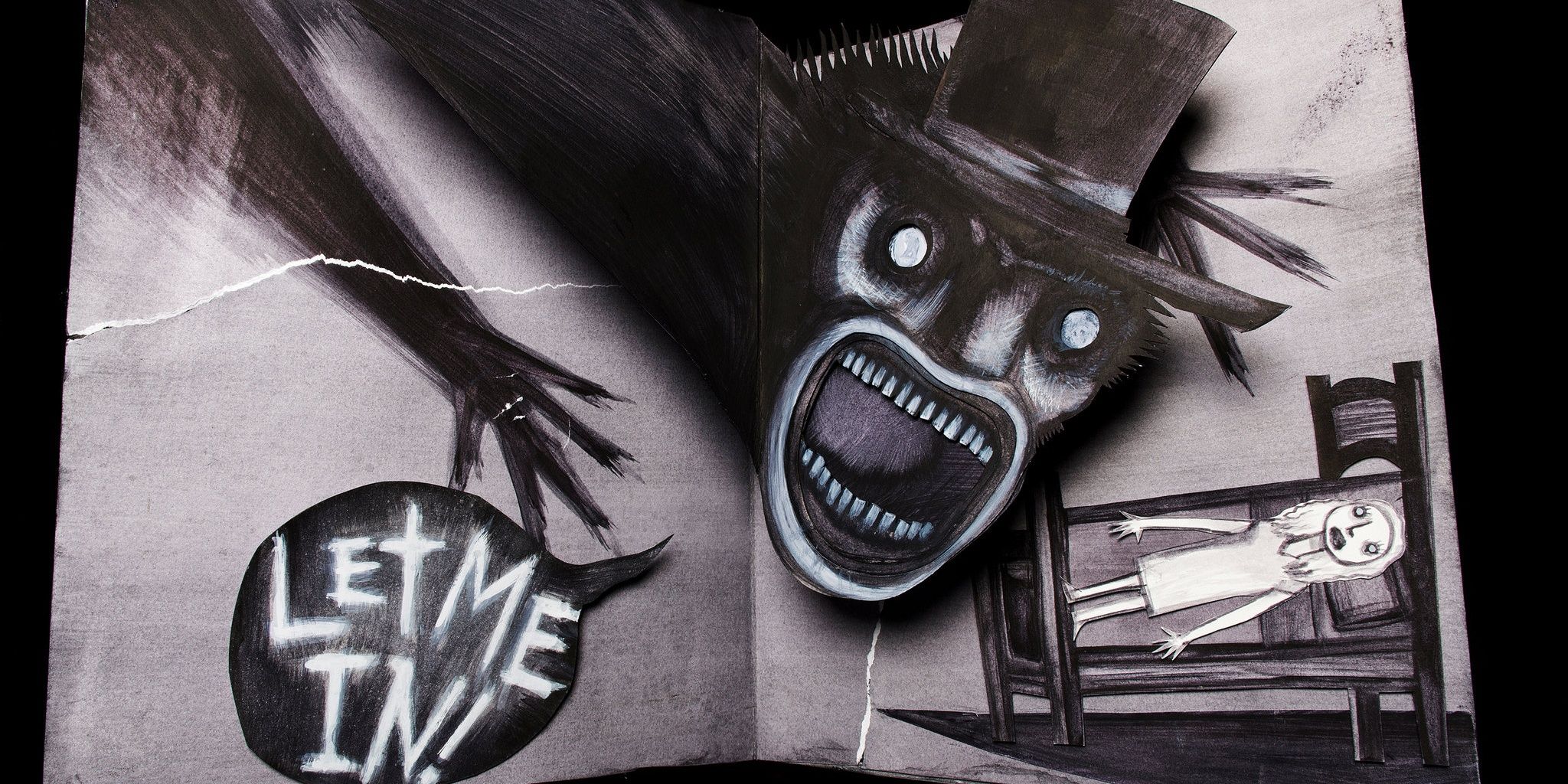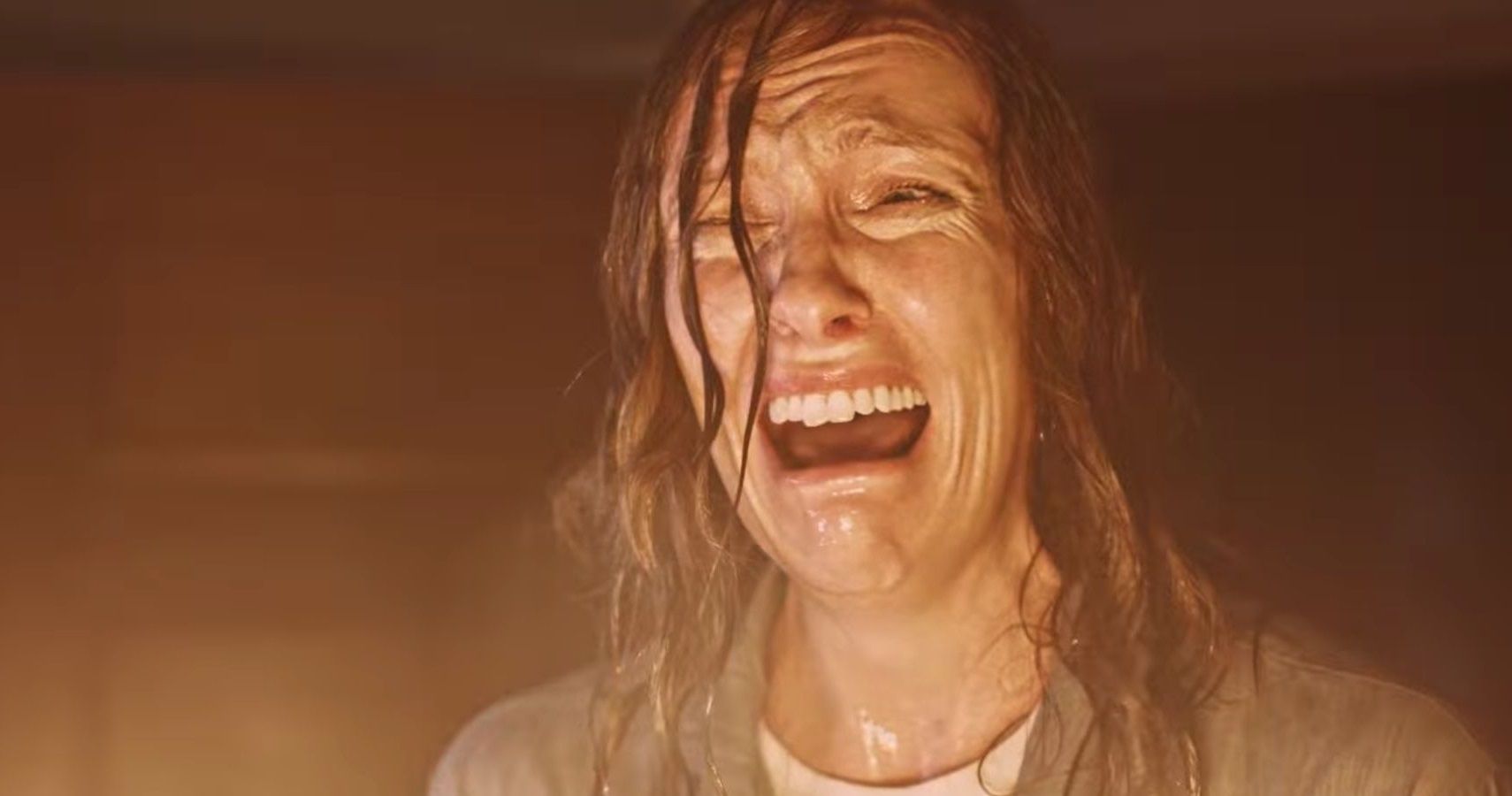The Oscars is an award ceremony so prestigious that it normally looks down on the horror genre. This isn't exactly fair; just because a horror movie aims to scare the audience, does not mean that it has no profound, moving material to offer. Horror is an important genre in film, as it has the power to evoke many different emotions from the viewer.
With this in mind, though, the Oscars rarely gets over the unattractive stigma in horror movies long enough to give them their overdue recognition. Let's take a look at some of the most unbelievable snubs in Oscar history for horror movies.
The Shining (1980)
The Shining holds its reputation today as being one of the most horrifying films ever made, and this was something that it was very notorious for back when it first hit theatres in 1980. Not only was The Shining praised for its horror element, but it was also considered very well-made. It even holds the test of time today, being a good movie to rewatch every year or so.
With all this in mind, it may come as a shock that The Shining was not nominated for a single Academy Awards. On top of this, many of its predecessors were nominated previously - such as Rosemary's Baby and The Exorcist, so it definitely seems unjust that The Shining did not get credit where credit was due.
A Quiet Place (2018)
A Quiet Place was one of the most successful movies of 2018, and it was so well-received that director John Krasinski wasted no time announcing a sequel (which is slated to hit theatres in March of this year). Because it became such a hit and many elements - including its use of atmosphere and sound - were praised, it was surprising that A Quiet Place did not get a nomination at the Academy Awards for the Best Picture category.
A Quiet Place received only one nomination at the 91st Academy Awards, and that was for sound editing. but it would lose to John Warhurst and Nina Hartstone of Bohemian Rhapsody.
Us (2019)
One of the more recent, utterly surprising snubs of the Oscars, was Jordan Peele's 2019 hit horror film, Us. Peele followed up the unbridled success of his first horror film, Get Out (2017), with a film that would focus more on the horror elements and less on the political aspect.
Get Out was nominated for several awards, and narrowly lost out on Best Feature Film to Guillermo Del Toro's The Shape Of Water. Due to this success, it would be reasonable to assume that Us would be just as popular, but the Academy disagreed apparently, and the doppelganger horror film did not receive any Oscar nominations.
Midsommar (2019)
Midsommar was a summer horror movie that made quite the impression upon its initial release. The follow-up to director Ari Aster's hit psychological thriller, Hereditary, Midsommar had big shoes to fill, but it absolutely blew expectations away.
Full of rich visuals and a unique setting, Midsommar was like no other film that came out of 2019, and it was certainly a very special addition to the horror genre. Still, everything this film had going for it somehow was not enough for the Academy, as it did not receive a single nomination.
The Texas Chain Saw Massacre (1974)
The Texas Chain Saw Massacre is a movie that has been remade several times, while the original film remains groundbreaking to this day. The film was eccentric, bloody, and different than anything else competing with it at that time.
The film was made on a modest budget of $140, 000, and impressively grossed $30.9 million at the box office. The Texas Chain Saw Massacre did a lot for the horror genre and film in general, so it's too bad that it didn't receive some recognition for that.
It (2017)
It was easily the summer blockbuster of 2017, and one of the most popular films of that year. The film had a promising young cast, some unforgettable visuals, and powerful special effects. It had a lot going for it and garnered significant success, so it seems wrong that it got no recognition at the Academy Awards that year.
The 90th Academy Awards did not even recognize Andy Muscietti's adaptation of It for the VFX category. Meanwhile, two horror movies dominated the awards that year - Guillermo Del Toro's The Shape Of Water and Jordan Peele's Get Out.
It Chapter 2 (2019)
Since its predecessor, It, did not receive any nominations at the Oscars, it doesn't really come as a surprise that It Chapter 2 was given the same treatment. The sequel to the 2017 hit horror film was not as positively received by critics as the first one was, with Chapter 1 holding a score of 86% on Rotten Tomatoes, while Chapter 2 only received 63%.
Despite not exactly being critically acclaimed, It Chapter 2 had a lot going for it, at least visually. The effects used were definitely worthy of some recognition.
The Devil's Backbone (2001)
The Devil's Backbone was one of Guillermo Del Toro's earliest horror films, and to this day, it still does not receive the recognition that it really deserves. Del Toro did not make it big in terms of critical success and award nominations until his 2007 horror fantasy film, Pan's Labyrinth, was released. The Devil's Backbone did not receive any of the recognition that Pan's Labyrinth would, which is a shame.
The Devil's Backbone was a gothic horror film, primarily film in Madrid, Spain. It was set in 1939, during the Spanish Civil War. The film, in true Del Toro fashion, blended elements of supernatural horror with a political, historical backdrop.
The Babadook (2014)
The Babadook took horror audiences by storm in 2014. It was a psychological thriller based on director Jennifer Kent's 2005 short film, Monster. The Babadook was so positively received and widely praised for its use of "real" horror rather than jump scares, so it's honestly surprising that this film didn't get any recognition at the Academy Awards that year.
The Babadook arguably deserved some recognition for its strong drama subtext, if nothing else.
Hereditary (2018)
Hereditary was Ari Aster's feature film debut, and he famously referred to it as being a family tragedy film more than it was a horror film. The truth in this statement is debatable, but it's undeniable that Hereditary was a very character-focused story.
Hereditary was also carried by an unforgettable performance by Toni Collette, who portrayed the film's lead character, Annie. It seems a crime that even that iconic performance was snubbed by the Academy.

